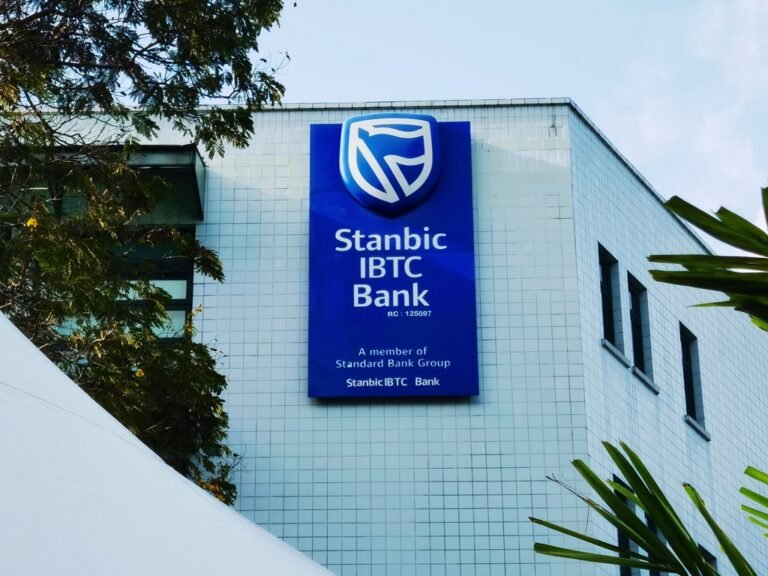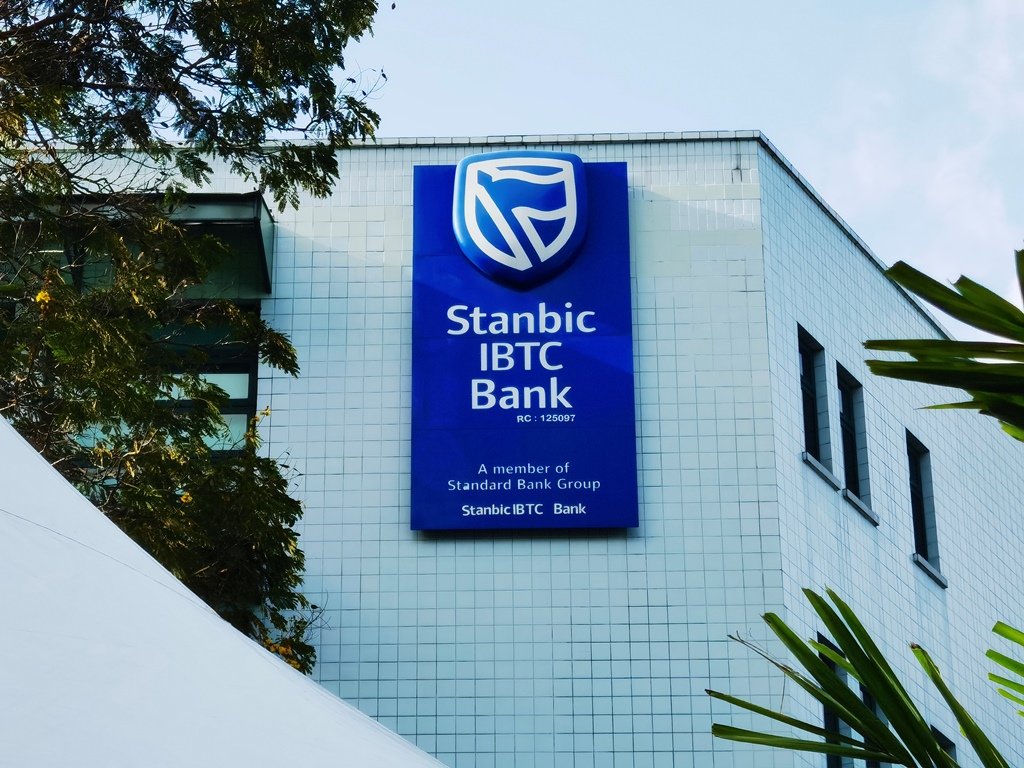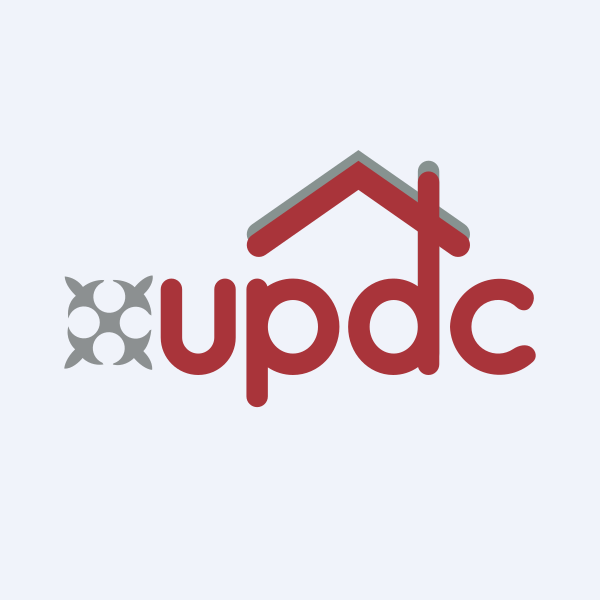The Nigerian Exchange (NGX) All-Share Index (ASI) closed Monday, July 21, 2025, on a positive note, rising by 0.18% to finish at 131,826.77 points. This bullish momentum pushed the market capitalization to ₦83.39 trillion, adding ₦152.8 billion in a single day.
Year-to-date, the NGX ASI has surged by 28.08%, reflecting sustained investor interest and confidence. This gain follows a major milestone reached on July 17, when the ASI crossed the 130,000 mark for the first time.
Market Activity Slows but Remains Strong
Despite the index’s upward movement, trading volume dipped notably by 78.2%. Investors exchanged 706.04 million shares worth ₦21.56 billion in 30,750 deals, significantly lower than Friday’s 3.35 billion shares valued at ₦62.34 billion across 28,593 deals.
Presco Leads Value Chart
Presco topped the value chart with transactions totaling ₦3.11 billion, trading over 2.34 million shares at an average price of ₦1,326.41. Other top-value stocks included GT HOLDCO (₦2.06 billion), Zenith Bank (₦1.73 billion), Access Holdings (₦1.64 billion), and Lafarge (₦1.56 billion).
Access Leads Trading volume
Access Holdings dominated volume trades with 61.73 billion shares exchanged, followed by UBA (32.89 billion) and Zenith Bank (24.60 billion).
Monday’s Gainers and Lossers
On the gainers’ list, CUTIX, International Energy Insurance, and NCR each rose 10%, with The Initiates and Caverton also posting 9.97% and 9.75% gains respectively.
On the downside, MEYER fell 10%, with McNichols, Thomas Wyatt, DEAP Capital, and Sovereign Trust all dropping around 9.6 to 9.9%.
Market Sentiment Ahead of CBN Decision
Investor focus now shifts to the Central Bank of Nigeria’s MPC meeting, where a possible interest rate cut could boost market sentiment. Lower borrowing cost would encourage businesses to take loans, boost spending and profitability, spurring investment in the economy.

























